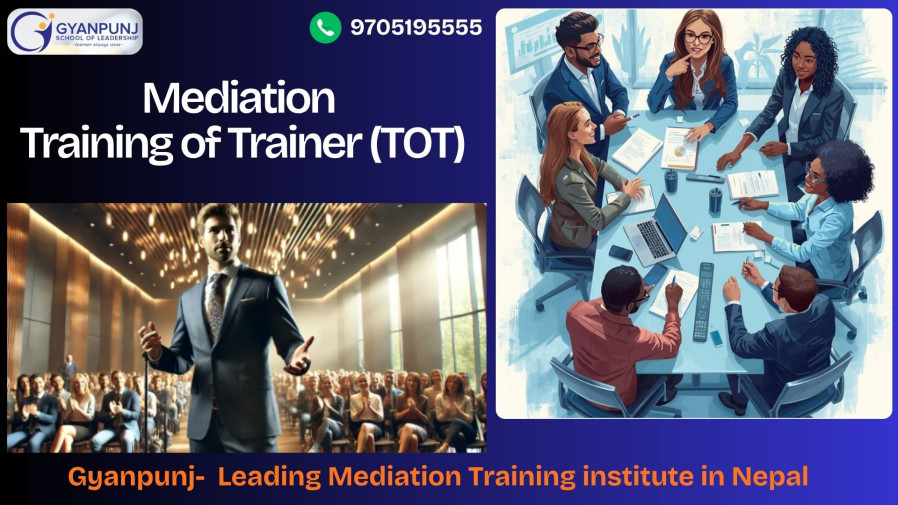

Advocacy is an essential skill that extends beyond the
walls of courtrooms and debate halls. Whether defending a client, promoting
social change, or persuading an audience, advocacy is the art of presenting
compelling arguments, backed by logic and credibility, to influence decisions
and shape outcomes. A great advocate not only speaks with conviction but also
listens actively, adapts to different scenarios, and engages with their
audience effectively
The Core Elements of Advocacy
Knowledge and Preparation
A strong advocate is well-versed in the subject matter. Researching facts,
understanding precedents, and anticipating counterarguments provide a solid
foundation for persuasive advocacy. Thorough preparation builds confidence and
credibility. Staying updated with legal, social, or industry-related changes
strengthens an advocate’s ability to argue persuasively.
Effective Communication
Advocacy relies on clear, concise, and persuasive
communication. Advocates must tailor their language to their audience, ensuring
clarity without compromising complexity. Storytelling, rhetorical devices, and
strategic pauses enhance the effectiveness of arguments. Non-verbal
communication, such as gestures and facial expressions, also plays a vital role
in reinforcing the message.
Logical Reasoning and Argumentation
Logical structuring of arguments is crucial. A
well-formed argument follows a clear progression: stating a claim, providing
evidence, countering opposing views, and concluding persuasively. The use of
legal principles, ethical considerations, and factual accuracy strengthens an
advocate’s position. Logical reasoning, combined with an ability to dismantle
weak arguments, is what separates an average advocate from a great one.
Emotional Intelligence and Persuasion
Advocacy is not just about logic; it involves
understanding emotions and human psychology. Building rapport, showing empathy,
and adapting to the audience’s reactions can significantly influence their
decision-making process. A good advocate is able to read the room, detect
shifts in sentiment, and adjust their approach accordingly.
Confidence and Presence
A confident advocate commands attention. Body language, voice modulation, and eye contact contribute to credibility and persuasion. Confidence does not mean arrogance; it means demonstrating conviction in one's argument while remaining open to dialogue. Mastering the art of presence allows advocates to engage audiences effectively, making their arguments more impactful.
Advocacy in Different Fields
Legal Advocacy: Lawyers use advocacy to
present cases in court, negotiate settlements, and uphold justice.
Social Advocacy: Activists and policymakers
use advocacy to promote human rights, environmental protection, and social justice.
Corporate Advocacy: Businesses advocate for
policies and regulations that align with their interests and market strategies.
Personal Advocacy: Individuals advocate for
themselves or others in various situations, from workplace negotiations to
healthcare decisions.
Political Advocacy: Political figures, lobbyists, and interest groups advocate for policies that reflect their ideologies or the interests of the people they represent.
Mastering the Art of
Advocacy
To excel in advocacy, one must continuously refine their
skills. Engaging in moot courts, debates, and public speaking exercises helps
sharpen argumentation abilities. Learning from experienced advocates, studying
landmark cases, and practicing persuasive writing also contribute to mastery.
Reading widely, staying informed about current events, and understanding
different perspectives further enhance advocacy skills.
Additionally, mastering the art of persuasion requires
adaptability. Every audience is different, and the best advocates know how to
switch between logical, ethical, and emotional appeals depending on the
situation.
Ultimately, advocacy is about making an impact. Whether in a courtroom, a boardroom, or a public forum, a skilled advocate has the power to influence, inspire, and bring about meaningful change. Advocacy is not just about arguing—it is about creating narratives that resonate, standing up for what is right, and giving a voice to those who need it most.
For more details you can join us: Advocate Preparation
Class and Art of Advocacy & Interview preparation session
Contact Us:
📞 9805195555
📞9705915555
📧 info@gyanpunj.com.np
Social Media
Facebook : https://www.facebook.com/gyanpunjsol/
Instagram : https://www.instagram.com/gyanpunjsol/
Youtube: https://www.youtube.com/@gyanpunj2077
You can Also Connect with us though App.
App for android: https://play.google.com/store/apps/details?id=com.app.gyanpunjlms&hl=en
Take the leap today and turn your passion for advocacy into a professional skill set!

Mediation Training of Trainers (TOT) Program by Gyanpunj!Generally Conflicts are a natural part of...
View Details
The District Judge Preparation Course by Gyanpunj School of Leadership is designed for aspiring jud...
View Details
How Gyanpunj School of Leadership Helps Organizations ThriveIn every workplace, people are the driv...
View Details
Click the button below to chat with us on WhatsApp:
Chat on WhatsApp